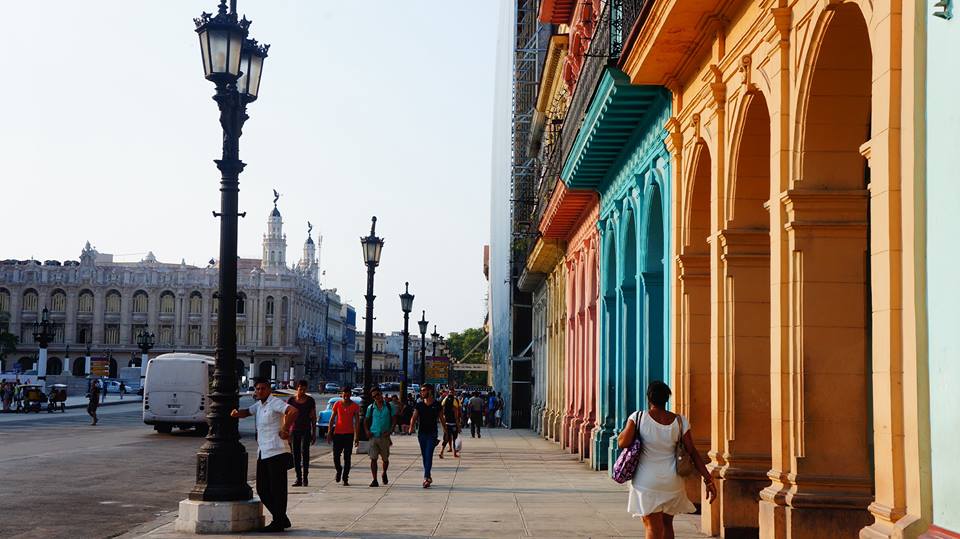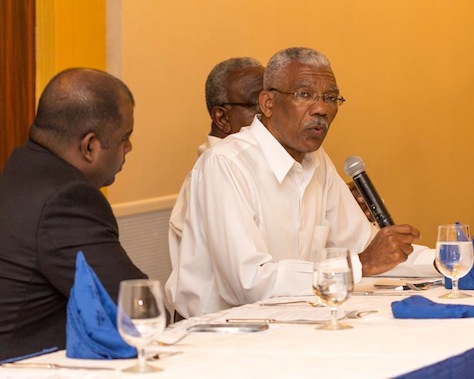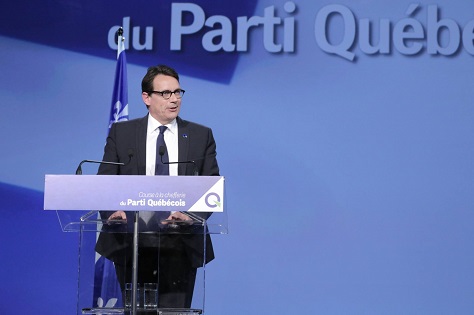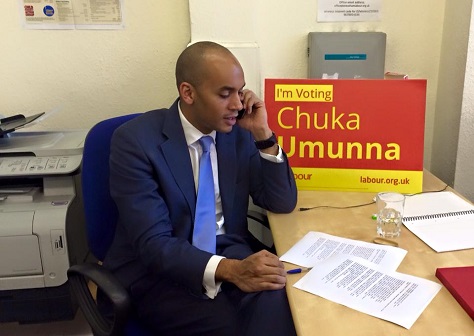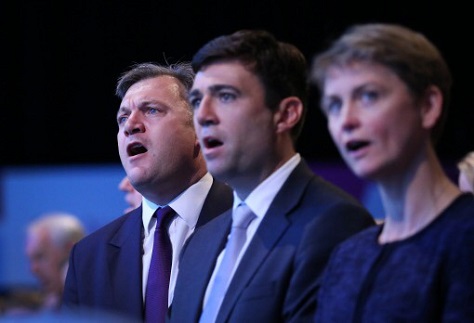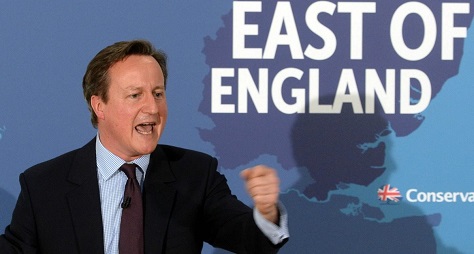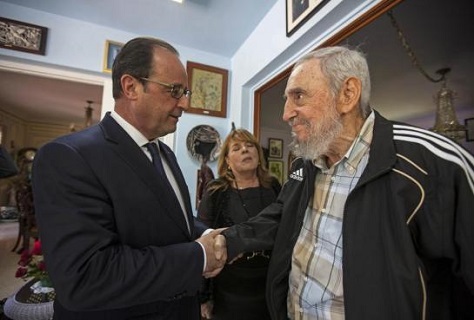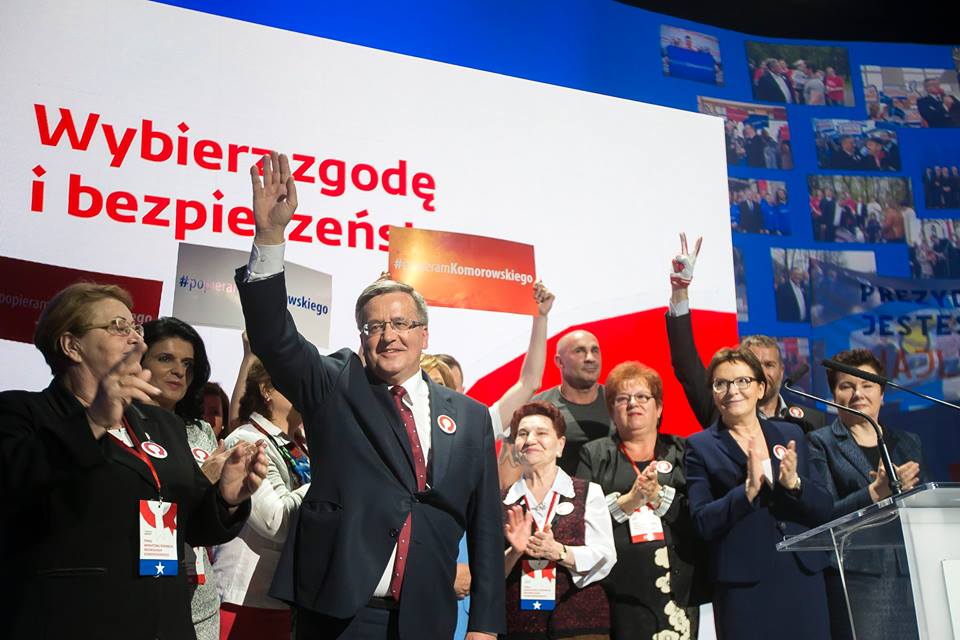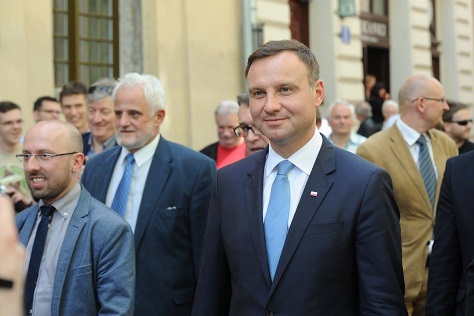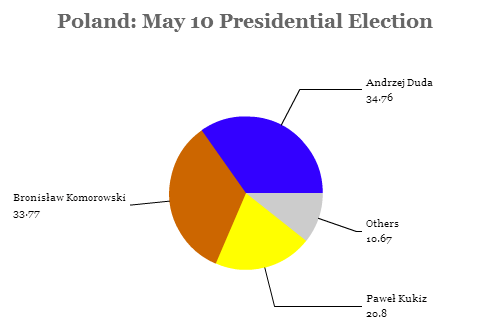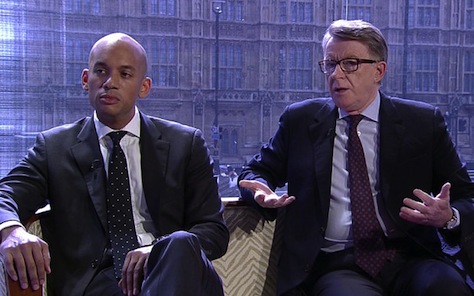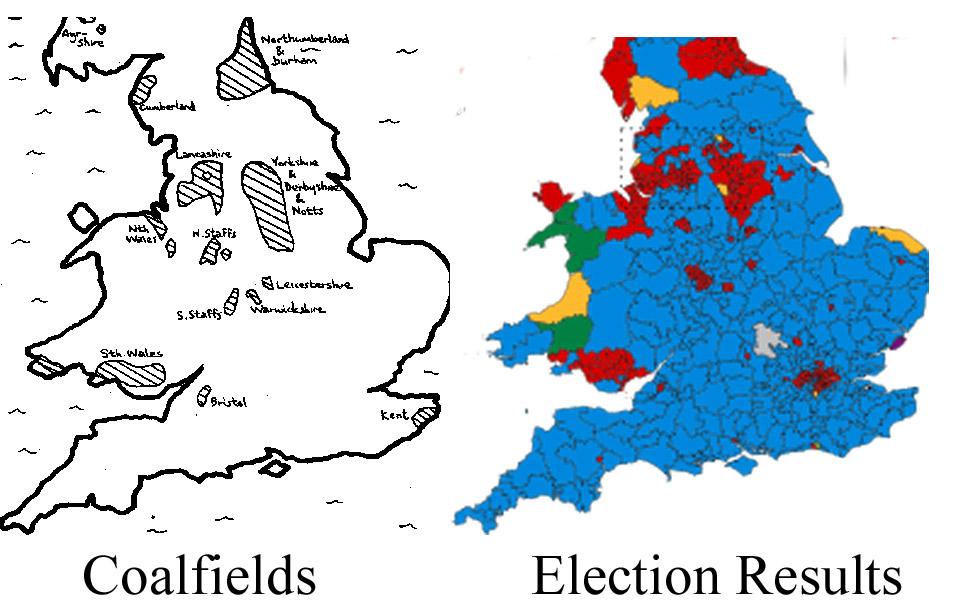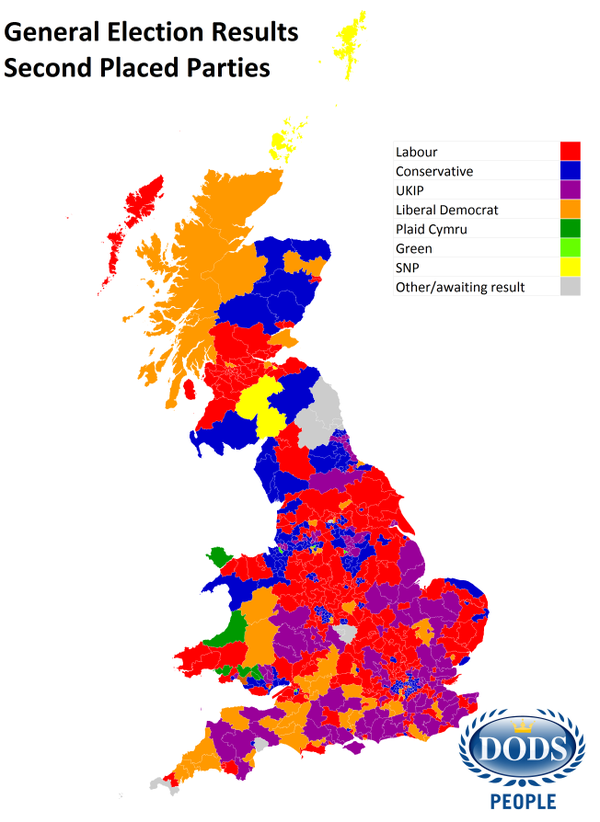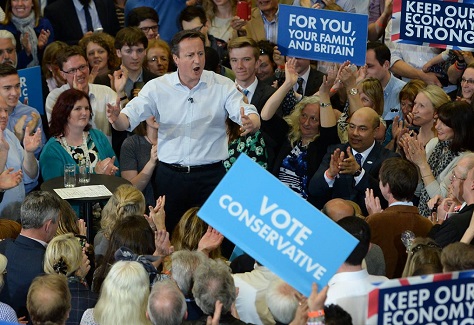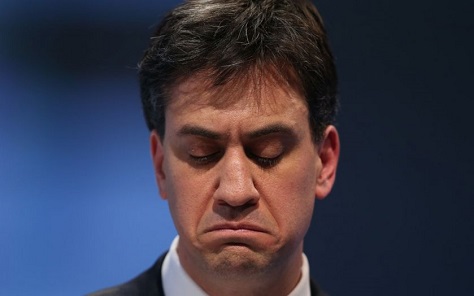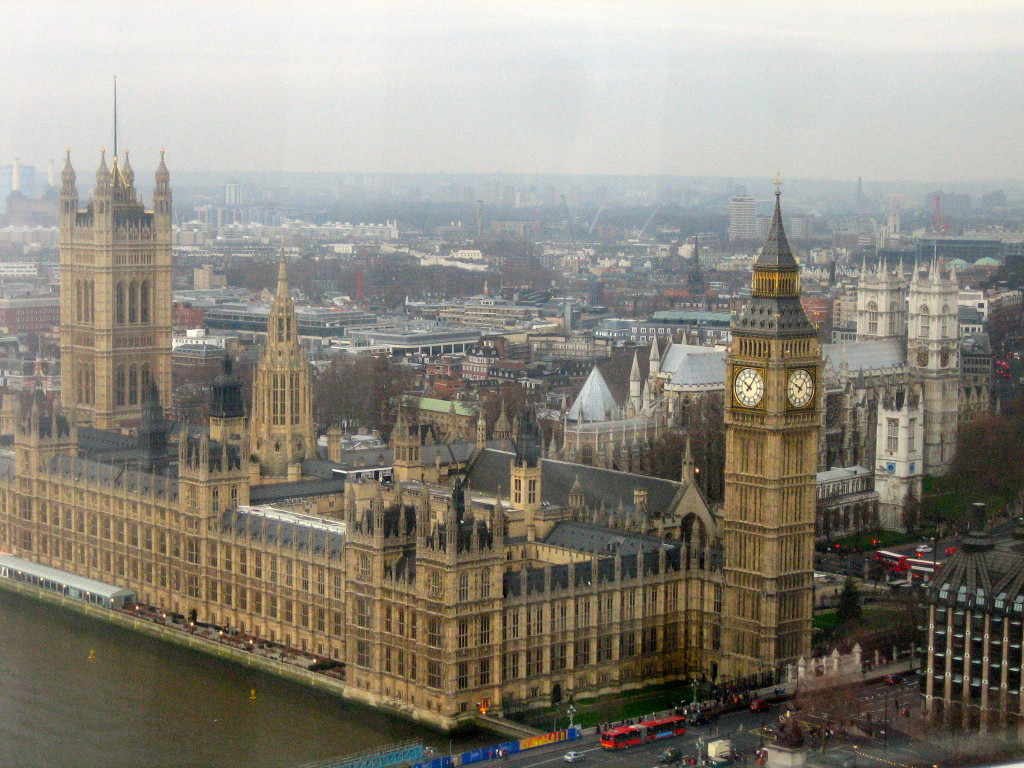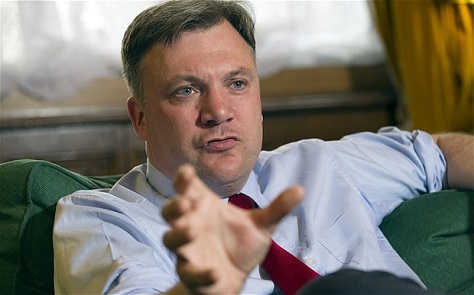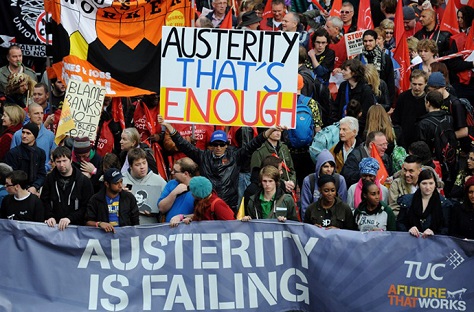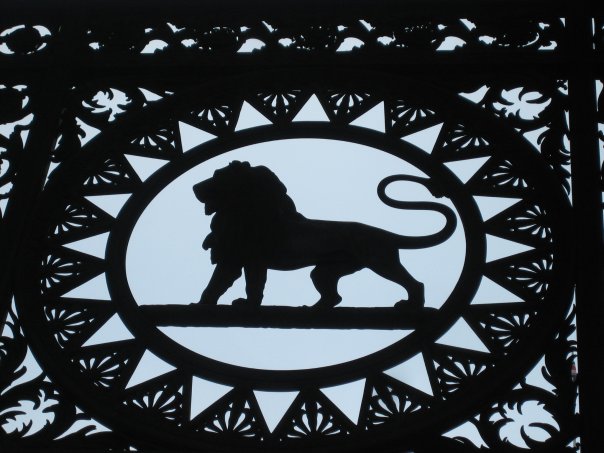HAVANA — On my first evening in Cuba , my bar ran out of mojitos, as fitting metaphor as any for nearly a week in the Cuban capital.![]()
Sure, it wasn’t the bar at Havana’s Hotel Nacional, but it was still a reasonably tourist-oriented cantina with a Chilean theme hugging the Malecón, the popular avenue that runs along the sea. For the record, the restaurant also ran out of shrimp and tostones (the fried plantain chips I’ve always thought taste like fried discs of baking powder with a hint of banana).
I’ve been to poorer countries, but it’s hard to think of a place that’s more broken. The keys, the doors, the cars, the buildings, the stores, the distribution channels and yes, even the much-vaunted health care system. The idea that the United States and its legions of consumers and tourists will transform the country virtually overnight is incredibly fanciful.
For many Americans, there’s an element of romance to seeing old cars from the 1950s and the faded mojitos-and-daiquiris glamour of what was once a Caribbean playground. There’s also an electricity that comes from a place that’s so close geographically but so distant ideologically, politically, economically and culturally. One comparison that springs to mind is the 12-mile distance between Jerusalem and Ramallah.
Another comparison is Korea — for all the easy talk about reconciliation between the United States and Cuba, the distances between the two countries are nearly as stark as those today between North Korea and South Korea. That isn’t quite so surprising because Fidel Castro came to power only six years after the 1953 armistice than ended the Korean War in quasi-permanent stalemate. Today, there is a Cuban-American culture that is as distinct from Cuban culture as Sicilian-American culture is from life in modern Palermo. Celia Cruz and Cafe Versailles belong to the former, Osmani García and the inventive home-grown paladar restaurants belong to the latter. Continue reading Photo essay: Cuba on the cusp… but for what kind of future?


